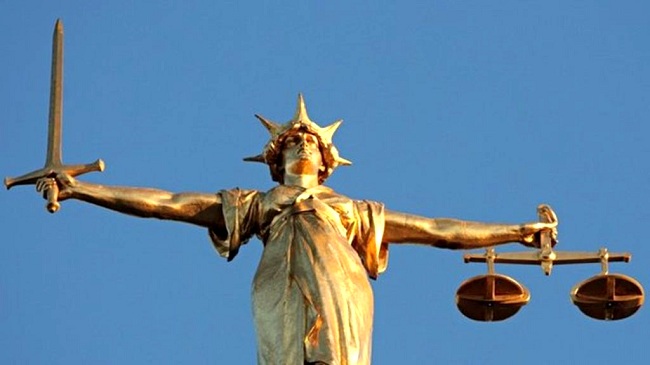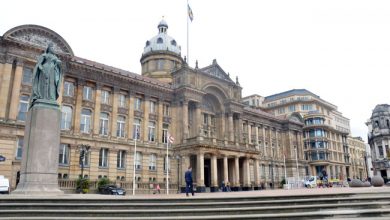British Justice is in Flames. The MoJ’s Fiddling is Criminal

No one who knows anything about the justice system doubts it is in crisis, that the crisis is unprecedented, that it is rendering the system unable to perform its most basic functions. And that the victims of this are poor people. It is no longer reliably convicting only the guilty. The disclosure problems in serious sex cases have almost certainly resulted in innocent people being convicted. The system for releasing prisoners on parole is letting out those who are unsafe (John Worboys) and keeping inside those who are safe (see the relentlessly unfair incarceration under the IPP (indeterminate sentences for public protection) system. The prisons are as dangerous as they have ever been in modern times to prison officers and prisoners alike. The probation service has ceased to function in the face of a misconceived privatisation.
Legal aid has been so restricted as a result of the terrible reforms contained in Laspo – the Legal Aid and Sentencing and Punishment of Offenders Act 2011 – that the government has maintained massively flawed decision-making systems for welfare, homelessness, and immigration decisions, safe in the knowledge that most of those who are the victims of wrong rulings have no effective means of redress. The civil non-family courts are only open to rich people (there is in effect no legal aid for civil claims now); and the family courts are filled with local authorities seeking to remove children from their parents, and disputes between couples in the middle of the pain – to them and their children – of partnership breakdown, and unable to obtain legal help to resolve these disputes.
The cause of this crisis is pretty clear – the justice system has endured austerity cuts from 2011 onwards more punishing than any other domestic delivery department. And the cuts are continuing pretty well unabated for the next two years. There will, by 2020, have been a 40% reduction in real terms of public expenditure by the Ministry of Justice – £10bn down to £6bn, with £600m still to go. And all this on the basis that the system expects the same standards as before – the same level of justice, the same numbers of people in jail or more, and the same non-custodial alternatives. The government has offered no leadership on how this is to be achieved.
The consequences of the crisis are profound. As Lord Judge, the former lord chief justice said, juries will increasingly not convict in serious cases. The public will have no confidence in the ability of the justice system to distinguish between the guilty and the innocent, and between the dangerous and the safe. The government will not be held to the law. Rights given to individuals by parliament are worthless to all save rich people who rarely need them to avoid injustice. Employers, the state, debtors – they can increasingly break the law unchallenged.
Read more: Charles Falconer, Guardian, http://bit.ly/2FRfbFh





